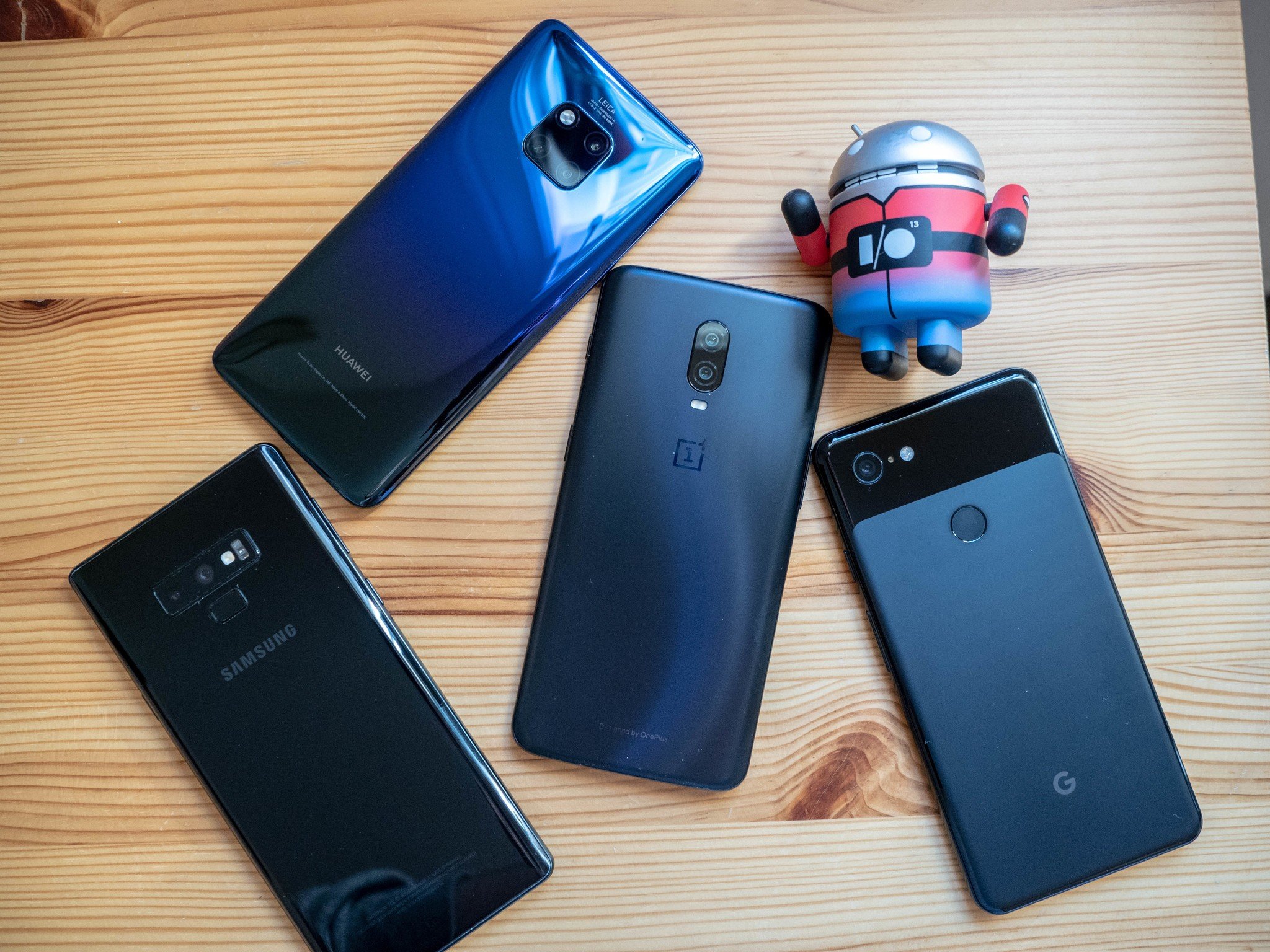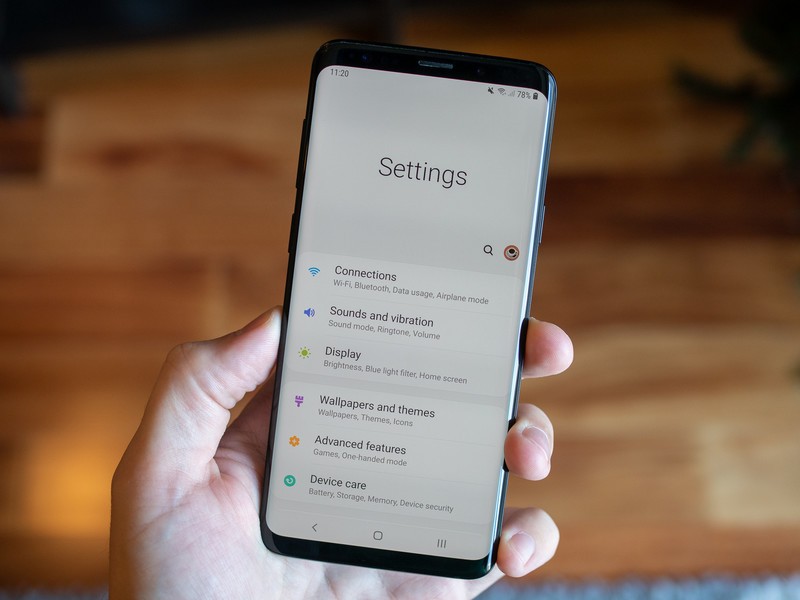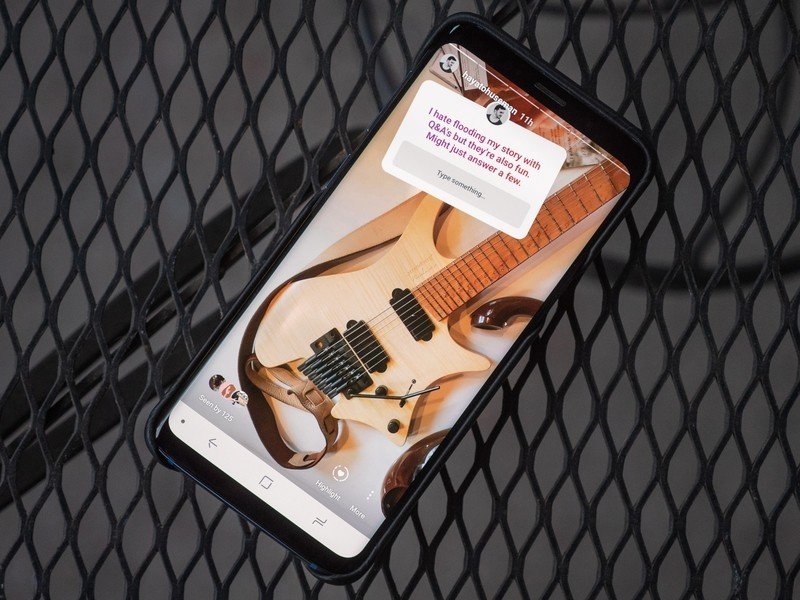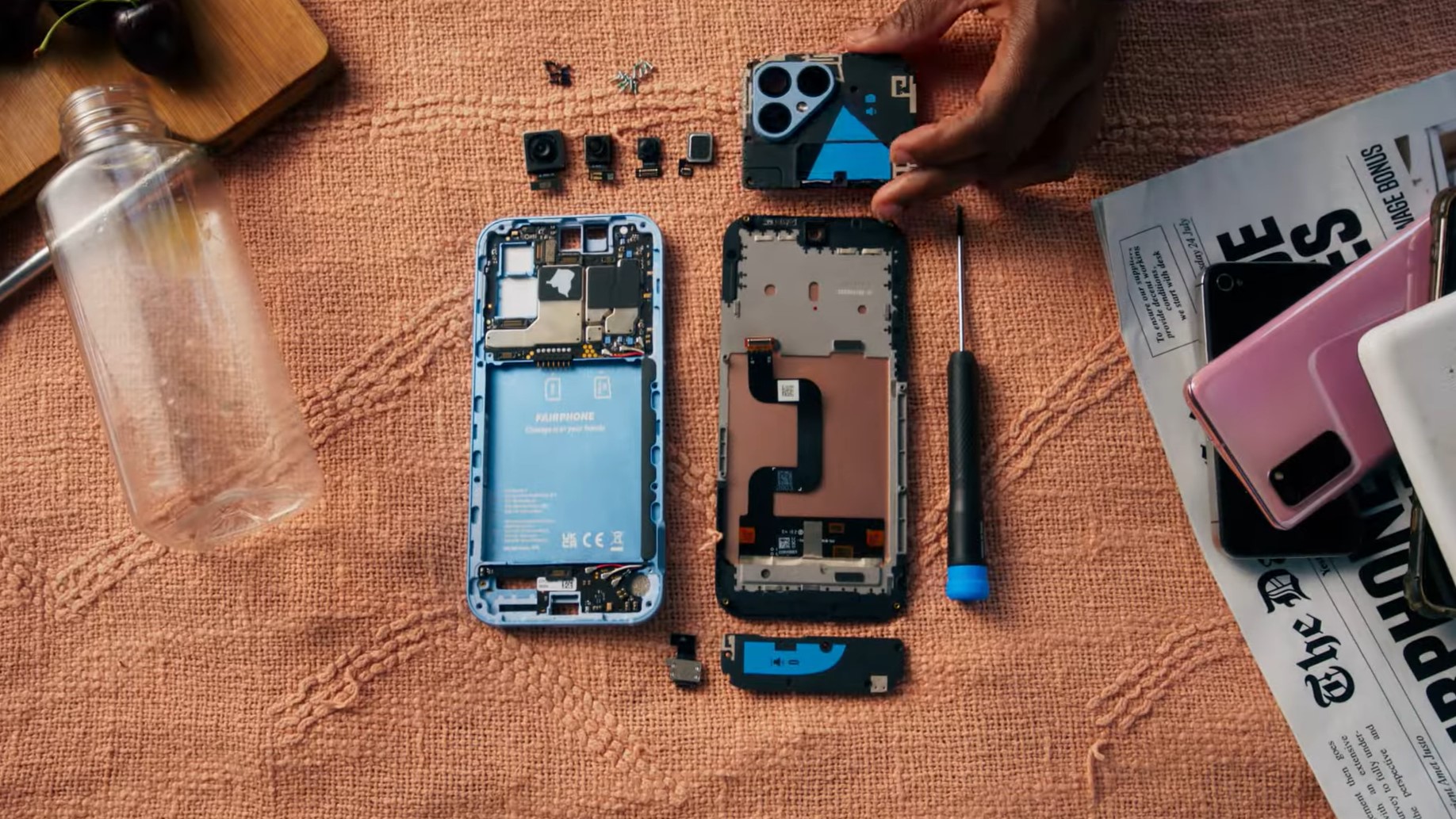Here's why 2018 has been a great year for Android

Say what you will about 2018. I know a lot of my friends and colleagues like to view it as some kind of intangible monster that's left nothing but wreckage in its path, but if you ask me, this has been a damn good year, at least as far as Android is concerned.
A few years back, it felt like every phone review from every tech blog (present company included) ended with the same allusions of "it's fine, but it'd be way better with stock Android," or "you should just buy a Nexus/Pixel." It feels like those days are behind us — which isn't to say that "stock Android" (however you still define that) and the Pixel line aren't still great; I use a Pixel 3 every day and couldn't be much happier with it. Just that nearly everything else is pretty great now, too.
Almost every Android manufacturer puts out good software these days.
With a few exceptions (I'm looking at you, Oppo), you almost can't buy a phone with truly bad software anymore. Sure, you may prefer certain interfaces over others, but even past offenders like Samsung, LG, and Huawei, who have all received plenty of flack over the years for their clunky or cluttered software, have perfectly usable software in 2018 that in most cases add to the base Android experience, rather than detract from it.

In fact, Samsung's new One UI brings some ingenious new design elements that I desperately hope make their way to the next big Android OS update — namely the overscroll effect that lets you keep scrolling once you've reached the top of a list, filling the top of the screen with blank space and making those menu items reachable with a human thumb. Android's various one-handed UI modes have always felt half-baked to me, especially compared to Apple's Reachability function, and this feels like the perfect solution I've been longing for.
Speaking of OS updates, Android OEMs still take too long to roll them out, but Google has made some efforts this year to tackle that issue. Starting in about a month, Android manufacturers will be required to push at least four security updates to their phones within their first year, and release any security patches within a month, with harsh consequences for noncompliant companies. We'll have to wait and see how all of that plays out, but if nothing else, it's a step in the right direction.
So Android phones are almost universally good these days. Great! There's just one problem remaining: for as much as Android has improved as a platform over the last year, its apps haven't really followed suit. I'm not talking about first-party apps developed by Google or your phone's manufacturer. In a lot of cases, third-party apps from even major companies are still severely lacking on Android compared to their iOS counterparts.

Look at Instagram. Maybe I'm just hyper-aware of the feature gap because I handle AC's Instagram Stories, but it feels like Android always gets left out of even simple features. It took Android months just to get the ability to switch cameras while recording a Story video, and there's somehow still no locking grid to help you line up objects like text and forms in your Story — something iPhone users have been able to do for ages. Even the timeline doesn't work great on my phones; swiping left or right from the main feed (which should take you to your Stories camera or direct messages, respectively) rarely ever works, which was never an issue when I used an iPhone X.
Be an expert in 5 minutes
Get the latest news from Android Central, your trusted companion in the world of Android
The Grailed app is a disaster that deserves to be yeeted into a hole — how do you do, fellow kids?
Then there are apps from smaller companies like Grailed, a site I use every so often to buy limited edition shoes from other users — yeah, yeah. The Android app is borderline unusable; you can't even zoom on images or even filter for your size which, you guessed it, works just fine on iOS. Even the website works better, which just makes me wonder why they bothered building an Android app at all.
That's a bit of a niche example, I know, but my point is that the longstanding cliche of iOS apps being better than their Android counterparts still very much holds true, whether we like it or not. I don't know that there's really a solution here; even with a higher market share, the sheer number of different devices just makes Android harder to support than iOS. But I'm always hopeful that the app situation will improve with time. We're getting there.
All in all, I think Android made a lot of great strides this year. Pie itself isn't radically different than Oreo before it, but OEMs have gotten dramatically better at making their own software, and the groundwork is laid out for updates to be at least a little bit more timely. I'd call 2018 a resounding success, even if there were a few flops along the way.
Hayato was a product reviewer and video editor for Android Central.

